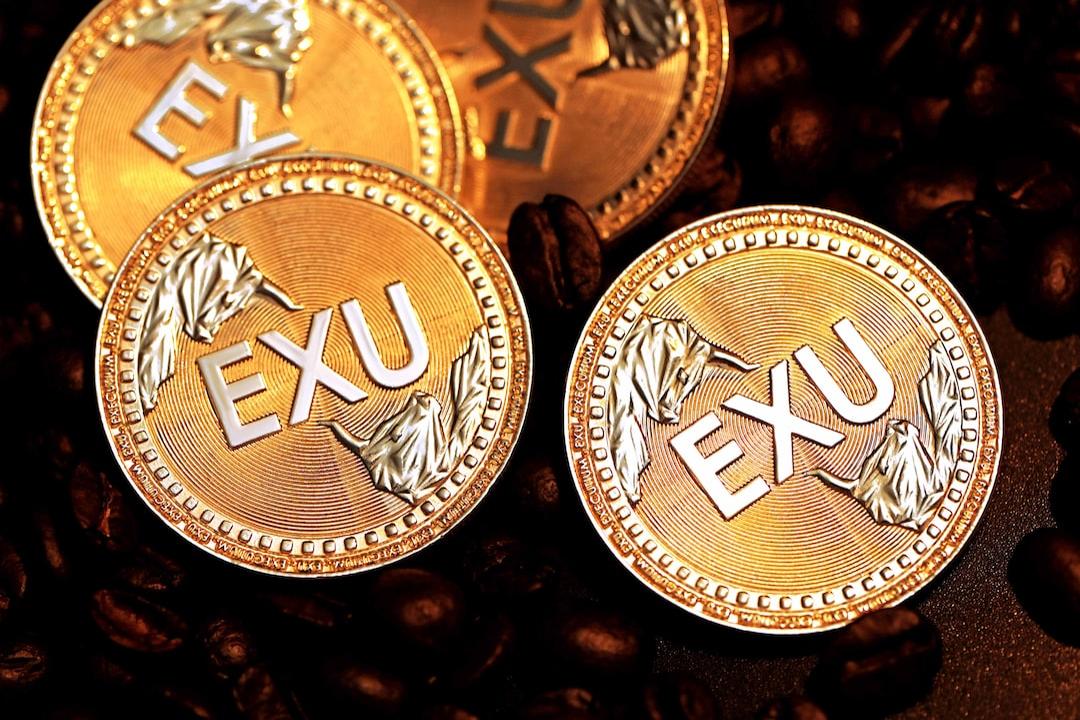Bitcoin Hashrate Achieves Record-Breaking 769.8 EH/s Despite Declining Mining Profitability
Bitcoin
Hash Rate
Mining
As the computational difficulty of mining Bitcoin continues to rise, so does the cost associated with mining the cryptocurrency.
Last updated: October 21, 2024 08:18 EDT
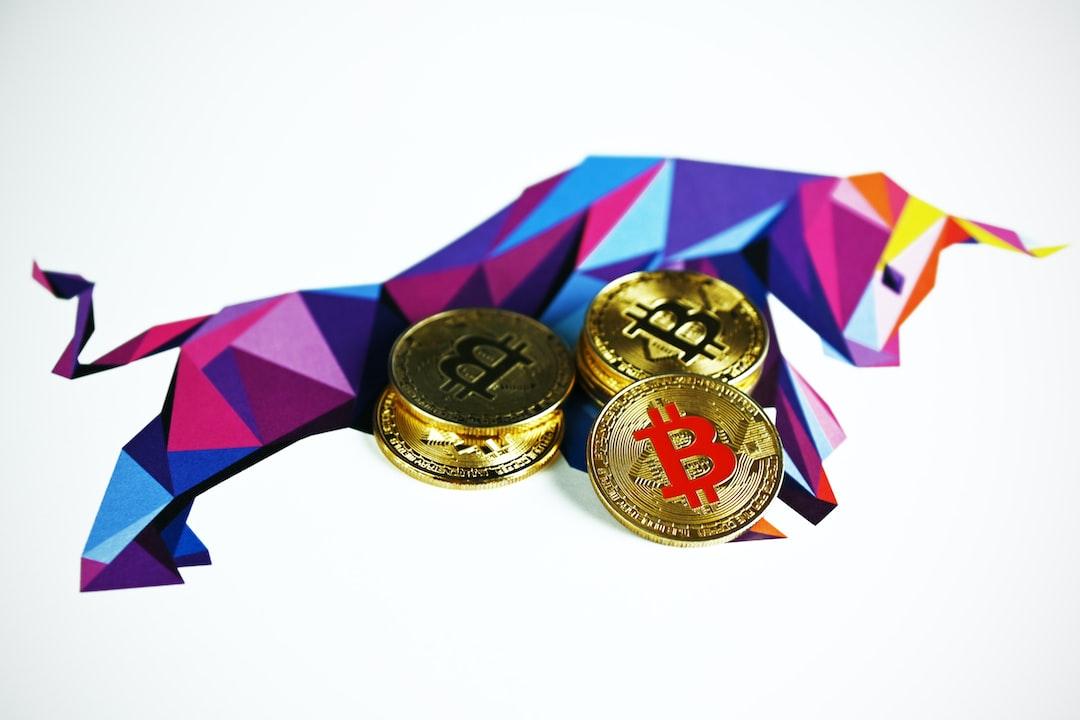
Author
Ruholamin Haqshanas
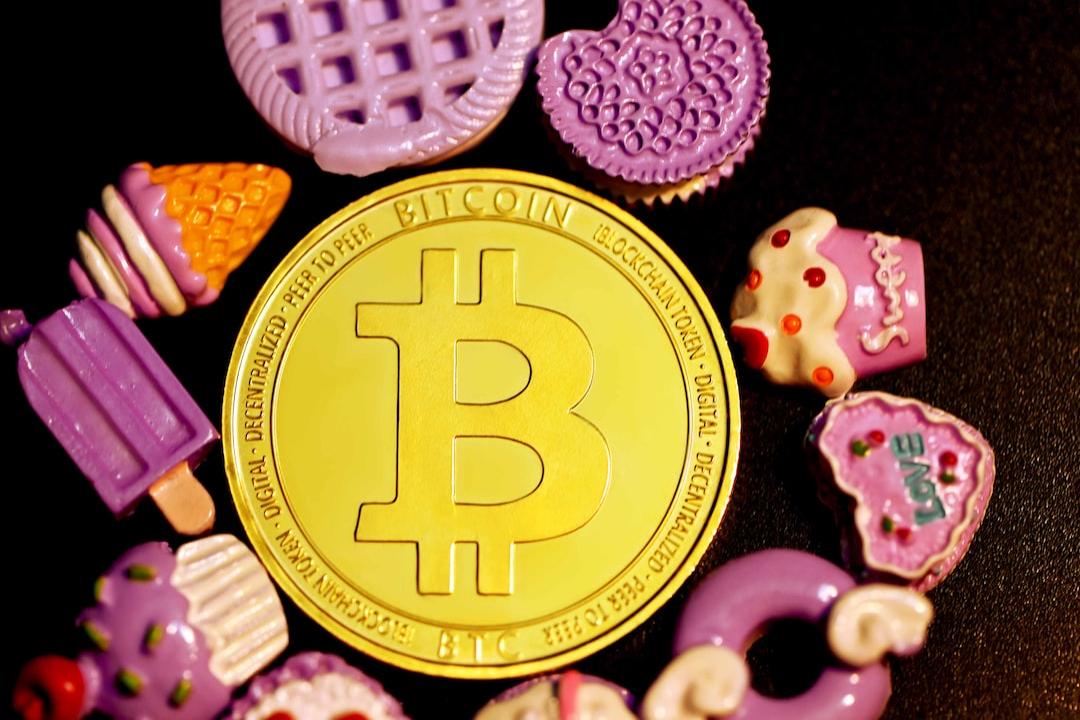
Author
Ruholamin Haqshanas
About Author
Ruholamin Haqshanas is a contributing writer specializing in cryptocurrencies for CryptoNews. With over four years of experience in crypto and finance journalism, Ruholamin has been featured in several prominent crypto publications.
Author Profile
Share
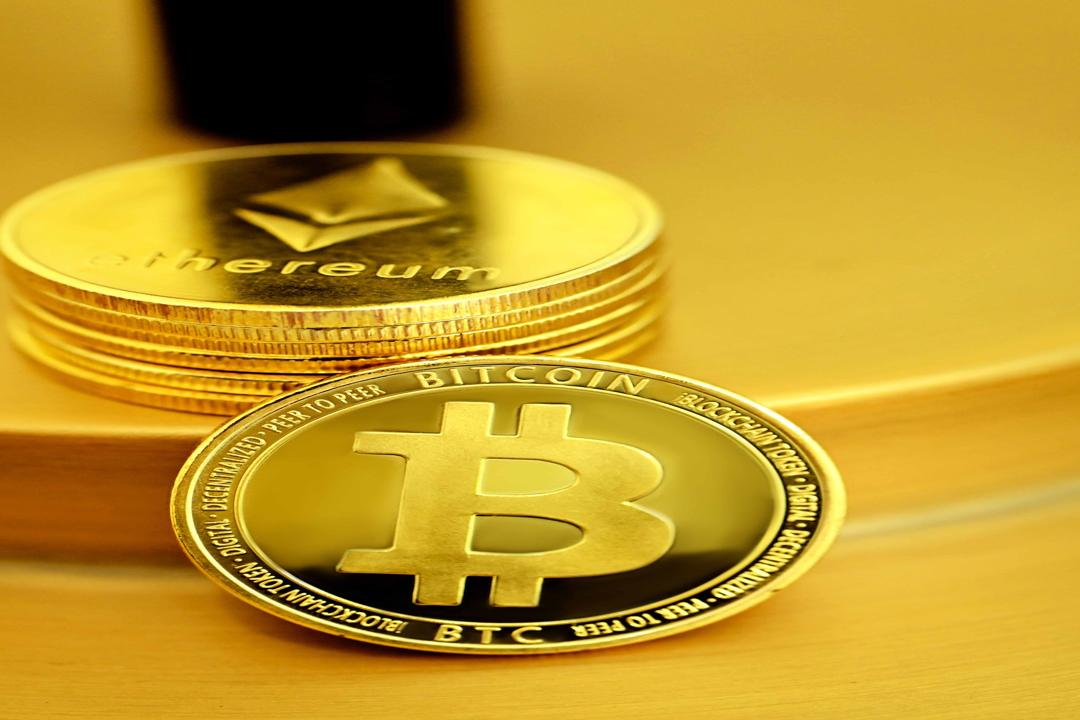

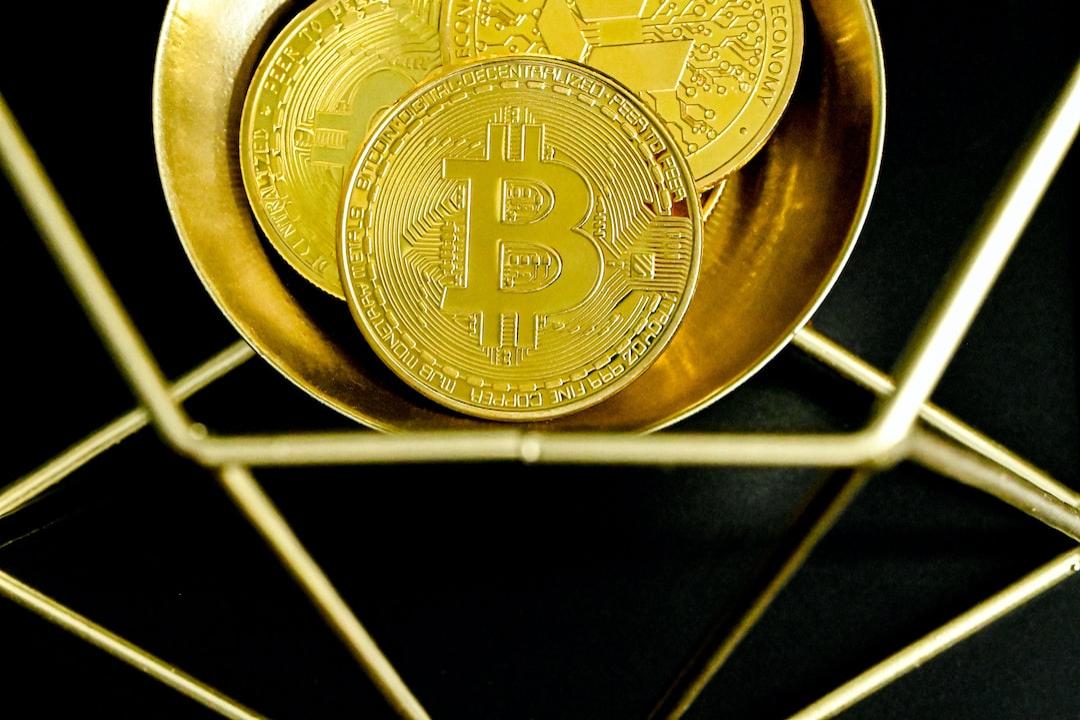
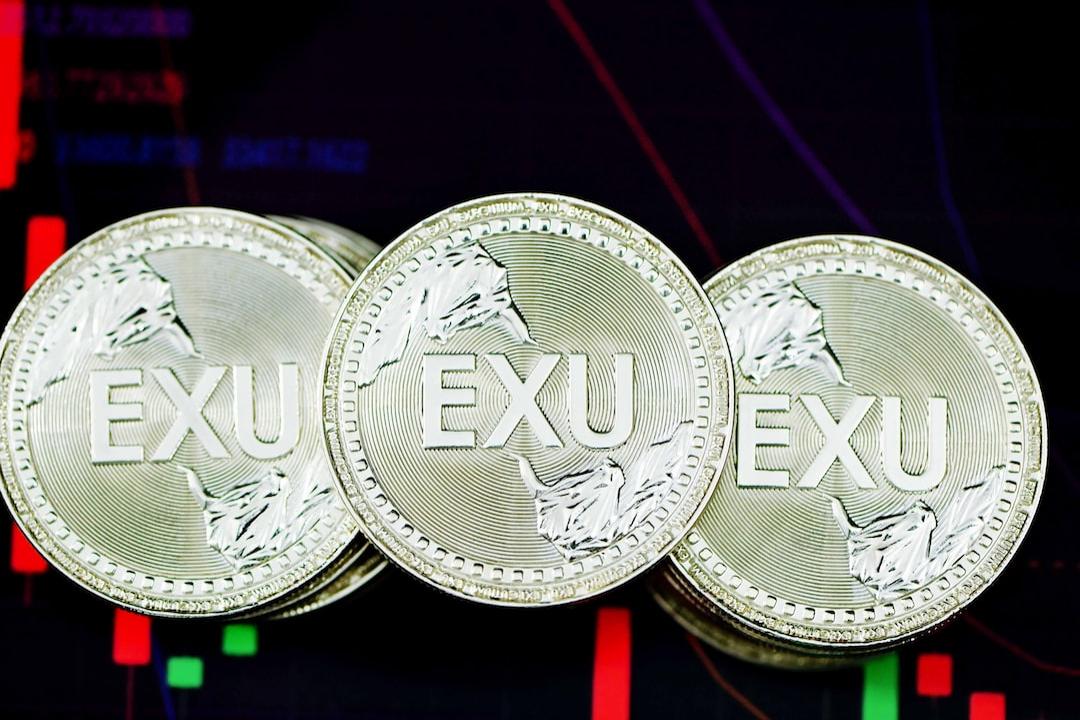
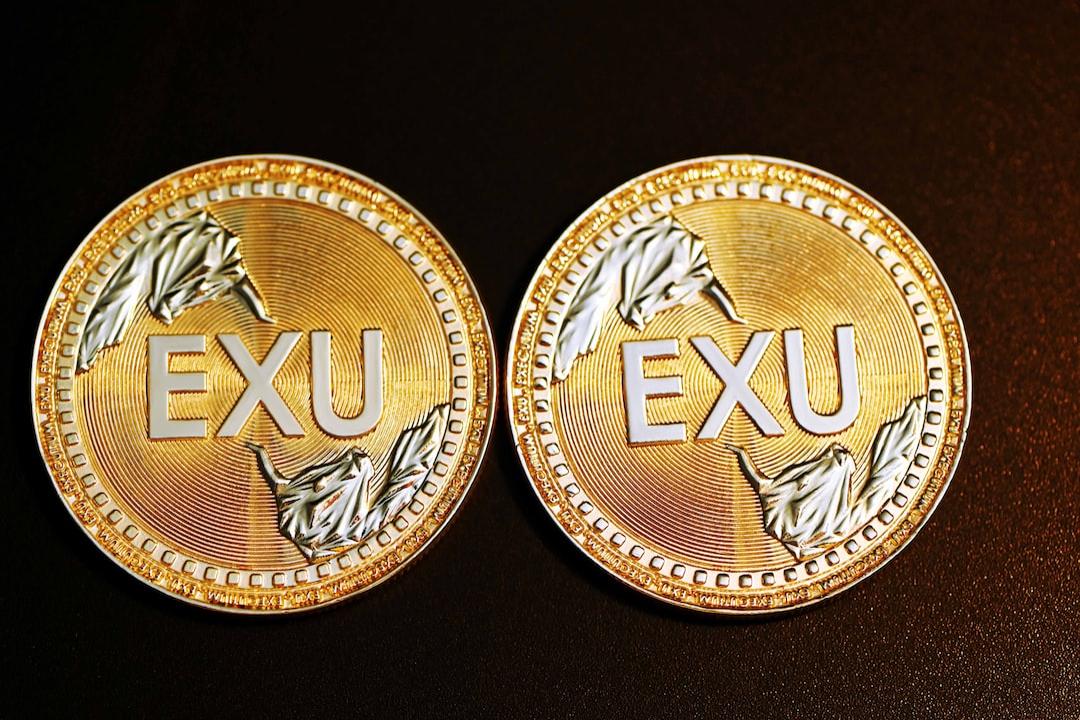

Copied
Last updated: October 21, 2024 08:18 EDT
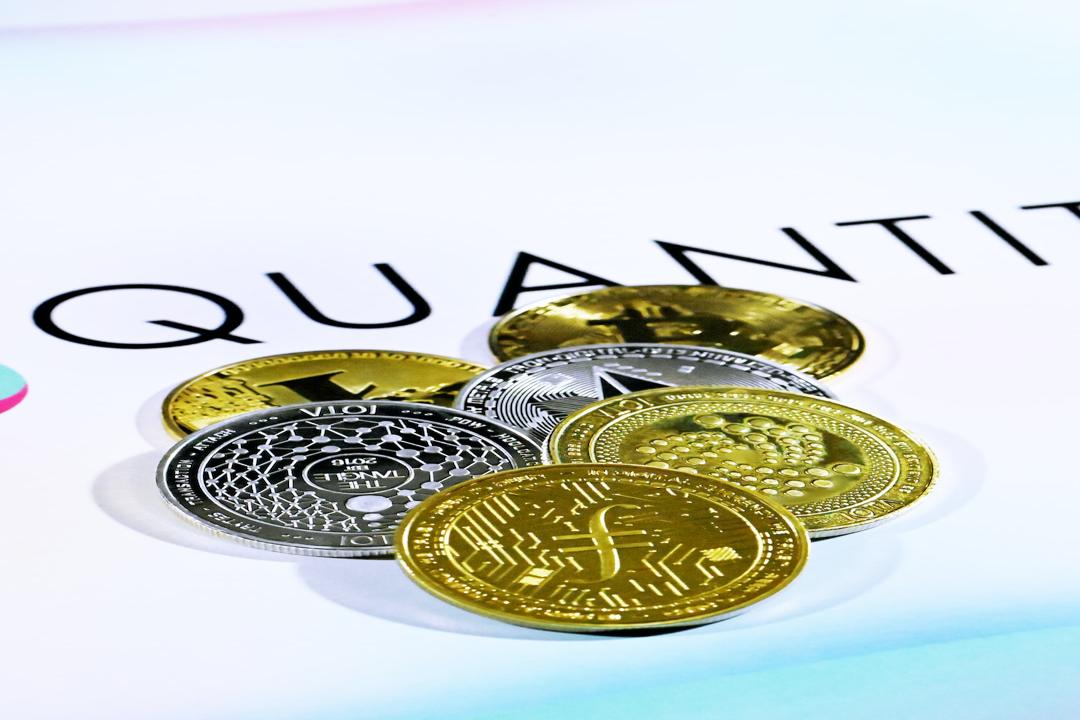
Why Trust Cryptonews
With more than a decade of experience in covering the crypto industry, Cryptonews provides reliable and trustworthy insights. Our team of experienced journalists and analysts combines extensive market knowledge with hands-on testing of blockchain technologies. We adhere to strict editorial standards, ensuring accurate and unbiased reporting on both established cryptocurrencies and emerging projects. With our longstanding presence in the industry and commitment to quality journalism, Cryptonews is a trusted source in the ever-changing world of digital assets.
Learn more about Cryptonews
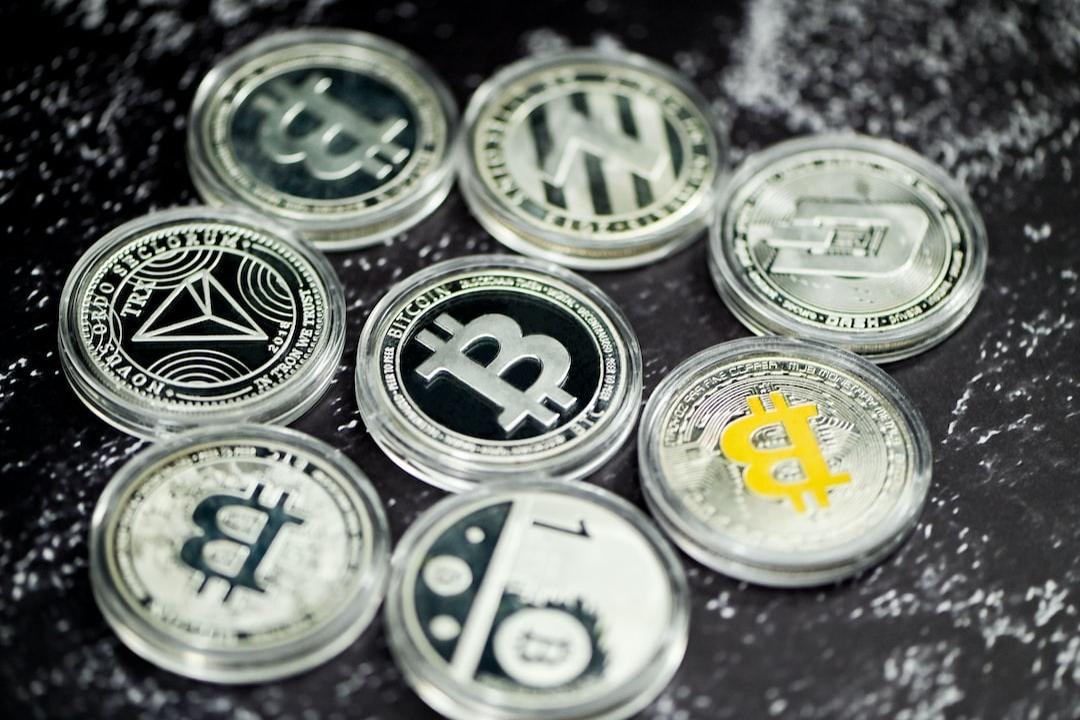
The hashrate of the Bitcoin network, a crucial indicator of its security and computing power, reached an unprecedented high of 769.8 exahashes per second (EH/s) on October 21.
The surge in hashrate reflects the growing security of the Bitcoin blockchain, as increased computing power makes the network more resistant to potential attacks.
Data from BitInfoCharts shows that the Bitcoin hashrate has been consistently rising since 2021, primarily driven by advancements in mining hardware, particularly the development of application-specific integrated circuits (ASICs).
These specialized machines have significantly enhanced the efficiency and power of Bitcoin mining operations.
Growing Hashrate Poses Challenges for Miners
However, the increasing hashrate presents challenges for miners.
As the computational difficulty of mining Bitcoin rises, so does the cost associated with mining the cryptocurrency.
This could particularly impact smaller mining operations due to the Bitcoin halving, which reduced block rewards and further squeezed profit margins.
Nazar Khan, co-founder and COO of TeraWulf, emphasized the significance of energy-efficient infrastructure for miners to overcome these challenges.
He noted that companies with access to low-cost power and advanced mining rigs would have a significant advantage after the halving.
TeraWulf, one of the world’s largest Bitcoin mining companies, is positioning itself for continued expansion despite the anticipated reduction in block rewards.
Despite the increasing difficulty, Bitcoin miners have been cautious about selling their holdings.
Data from CryptoQuant revealed that on October 20, mining firms only sent 2,916 BTC to centralized exchanges, marking one of the lowest levels of selling in the past month.
Bitcoin Mining Profitability Declines in September
According to a research report from Jefferies, Bitcoin mining profitability decreased in September compared to the previous month.
The investment bank highlighted that the average daily revenue per exahash dropped by 2.6% from August levels.
Jefferies analysts Jonathan Petersen and Joe Dickstein cautioned that October could be even more challenging, despite the network’s 11% surge in hashrate.
The report also disclosed that publicly listed North American mining companies expanded their share of the Bitcoin network, contributing 22.2% of the total mining activity in September, up from 19.9% in August.
This increase was partially attributed to improved uptime for these companies, which benefitted from cooler temperatures.
Among the top performers, Marathon Digital (MARA) mined the most Bitcoin in September, producing 705 tokens, followed by CleanSpark (CLSK) with 493 tokens.
Marathon’s installed hashrate remained the largest in the industry, reaching 36.9 exahashes per second (EH/s) at the end of September, while Riot Platforms (RIOT) ranked second with 28.2 EH/s.
In August, investment firm Bernstein issued “outperform” ratings for four publicly traded Bitcoin mining companies, including Riot Platforms, CleanSpark, IREN, and Core Scientific.
As previously reported, IREN is currently facing a class-action lawsuit from investors who allege that the cryptocurrency mining company misrepresented its high-performance computing (HPC) capabilities.
The lawsuit’s central claim is that IREN’s Childress facility was portrayed as an HPC-ready data center, which it allegedly was not.
Follow us on Google News


